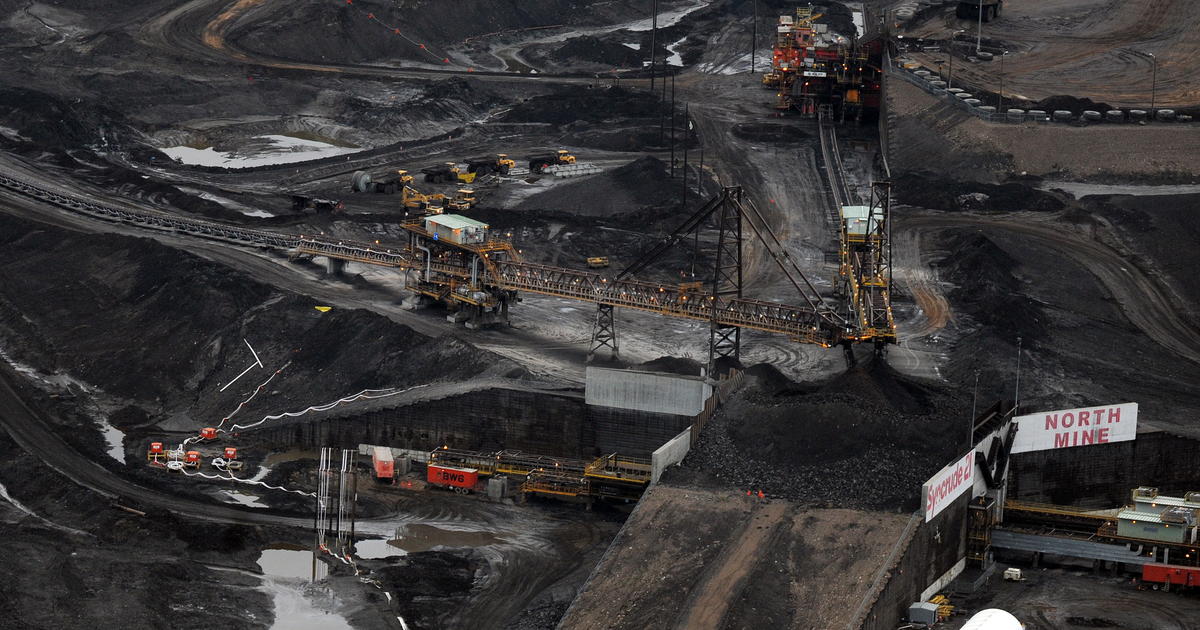EN 16091 Shale Oil Filter Blocking Tendency Testing
The EN 16091 standard is designed to assess the filter blocking tendency of shale oil, a critical aspect for ensuring that filtration systems in the oil and gas industry can handle the complex composition of shale oil without performance degradation. This test is particularly important given the unique properties of shale oil which include high levels of asphaltenes, resins, and other components that can precipitate out under certain conditions leading to filter blockage.
The significance of this testing lies in its ability to predict the operational lifespan and efficiency of filtration systems used in shale oil processing. By understanding the blocking tendency, operators can optimize their filtration processes, thereby reducing maintenance costs and downtime. This standard is widely recognized within the industry for providing a standardized method that ensures consistency and reliability across different labs.
The test involves several key steps: first, a sample of shale oil is prepared according to strict guidelines outlined in EN 16091. The preparation process includes homogenization to ensure uniformity and precise temperature control which are critical for accurate results. Once the sample is ready, it undergoes filtration under controlled conditions where the filter blockage rate is measured over time.
The standard specifies specific apparatus requirements such as standardized filters with defined pore sizes, temperature-controlled environments, and precise measuring devices to ensure accuracy. The acceptance criteria define the acceptable levels of filter blocking tendency which are based on industry best practices and real-world performance data. Compliance with these criteria ensures that filtration systems in shale oil processing can operate efficiently over extended periods without needing frequent maintenance or replacement.
Understanding the implications of filter blockage is crucial for operators as it not only affects the immediate operational efficiency but also impacts long-term environmental considerations by reducing waste and optimizing resource utilization. The results from this testing provide valuable insights that help in selecting appropriate filtration technologies, optimizing process parameters, and enhancing overall plant performance.
Given the complexity of shale oil, continuous monitoring through tests like EN 16091 is essential for maintaining optimal filtration systems. This ensures not only operational reliability but also economic benefits by minimizing downtime and reducing maintenance costs. The standard's rigorous approach to testing underscores its importance in safeguarding critical infrastructure within the oil and gas sector.
Scope and Methodology
| Stage | Description |
|---|---|
| Sample Preparation | The shale oil sample is homogenized and temperature-controlled to ensure uniformity. The process involves precise handling techniques to prevent any contamination or alteration of the sample's properties. |
| Filtration Setup | A standardized filter with a specified pore size is placed in a filtration apparatus designed for consistent results. The setup includes temperature regulation to simulate real-world operating conditions accurately. |
| Testing Conditions | The shale oil sample is subjected to controlled environmental conditions, including temperature and pressure, which mimic the operational environment of actual filtration systems. |
| Data Collection | Key parameters such as filter blockage rate over time are measured using calibrated instruments. These data points are crucial for evaluating the effectiveness of different filtration technologies. |
| Analysis and Reporting | The collected data is analyzed against predefined acceptance criteria specified in EN 16091. The results provide insights into the filter blocking tendency, aiding operators in making informed decisions about their filtration systems. |
The methodology for conducting this test adheres strictly to international standards to ensure reliability and consistency across different laboratories. By following these precise steps and using standardized equipment, we can accurately assess the filter blocking tendency of shale oil samples, providing valuable information that supports efficient and effective filtration systems.
Eurolab Advantages
At Eurolab, our commitment to excellence in shale oil testing is reflected in the comprehensive services we offer. Our experienced team of analysts utilizes state-of-the-art equipment and methodologies that meet or exceed international standards like EN 16091. This ensures accurate and reliable results for our clients.
We pride ourselves on providing quick turnaround times, ensuring that you receive your test reports promptly. Our advanced facilities allow us to handle complex samples with precision and care, delivering consistent results every time. Additionally, we offer detailed analytical support beyond just the tests, helping our clients understand their data better.
Our reputation for accuracy and reliability has earned us a strong position in the industry. We are committed to maintaining this standard by continuously investing in new technologies and training our staff. Clients can trust Eurolab to provide not only accurate test results but also valuable insights that drive informed decision-making processes within their organizations.
Use Cases and Application Examples
The EN 16091 Shale Oil Filter Blocking Tendency Testing is crucial for various applications in the oil and gas sector. One primary use case involves the optimization of filtration systems used in shale oil processing plants. By understanding the blocking tendency, operators can select the most appropriate filters that can withstand the harsh conditions posed by shale oil.
Another significant application is in the development and validation of new filtration technologies. The results from this test help researchers and engineers refine their products to meet stringent industry requirements. For instance, a startup developing an innovative filtration membrane might use these tests to demonstrate its product's effectiveness under real-world conditions.
Furthermore, this testing plays a vital role in compliance with regulatory bodies responsible for environmental protection and safety standards in the oil and gas industry. Ensuring that filtration systems meet these standards is crucial for preventing potential leaks or spills which could have severe environmental impacts.
For quality assurance departments, this test provides a valuable tool to monitor ongoing performance of existing filtration systems. Regular testing helps identify any degradation in performance early on, allowing timely interventions and maintenance actions. This proactive approach not only extends the lifespan of these systems but also enhances overall operational efficiency.





